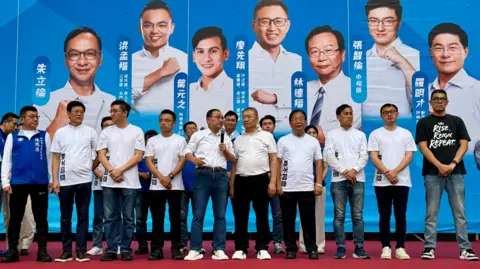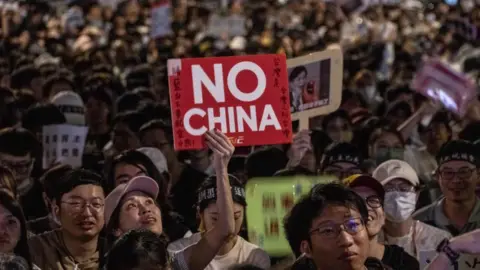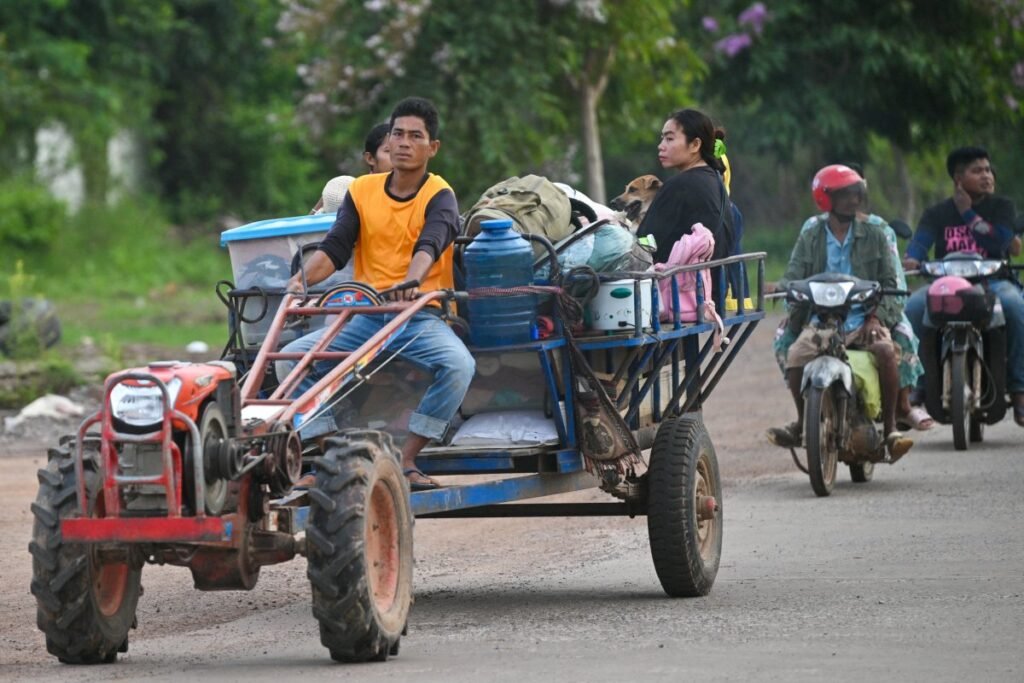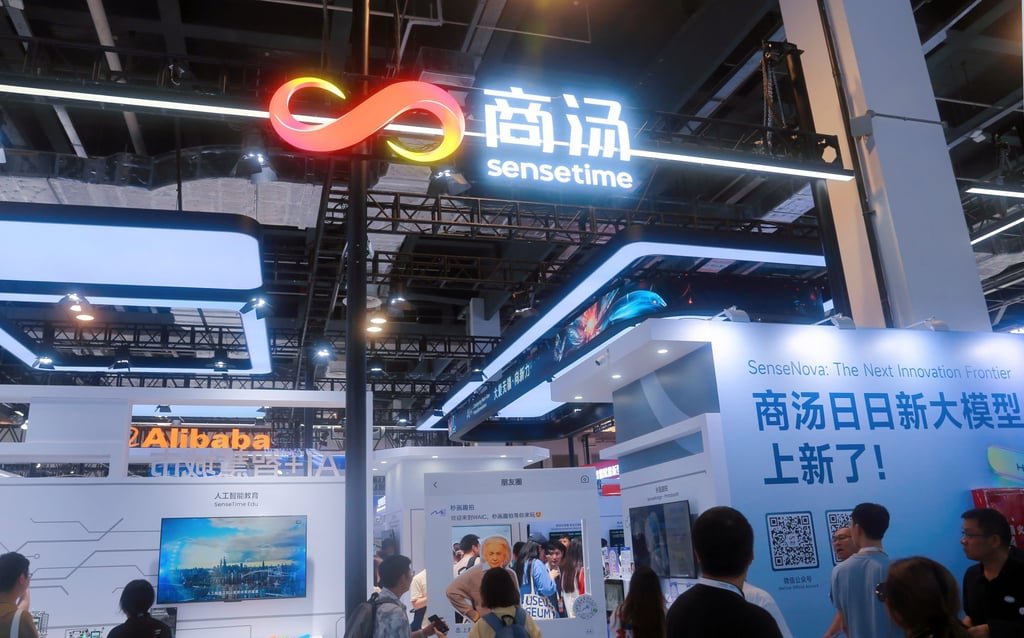BBC News, Asia Digital Reporter

 BBC / Tessa Wong
BBC / Tessa WongThousands of Taiwanese are heading to the polls in an unprecedented and controversial vote aimed at ousting lawmakers accused of being too close to China.
More than 30 lawmakers have been targeted in the “dabamian”, or Great Recall vote, initiated by a civic movement.
The vote has the potential to alter the balance of power in Taiwan, which has seen months of political deadlock between the Democratic Progressive Party (DPP) government and the legislature dominated by the opposition Kuomintang and its allies.
The issue has deeply divided Taiwanese society, which has seen large rallies and fierce debate. Both pro-recall and anti-recall activists claim to be fighting for Taiwan’s democracy.
The movement around the recall vote began with elections in January 2024, when voters chose the DPP’s William Lai as their president but gave the opposition the dominant presence in the parliamentary Legislative Yuan.
In the following months, the main opposition party Kuomintang worked together with the smaller Taiwan People’s Party and independents to block DPP bills and pass controversial pieces of legislation.
These moves angered some Taiwanese, who saw these as attempts to stymie the DPP government while strengthening the opposition’s parliamentary power.
In May 2024, thousands began holding protests in what became known as the Bluebird movement, partially named after the Taipei street where many had gathered.
Many in the movement believe the opposition, led by the Kuomintang which is known for its relatively friendlier position on China, is being influenced by Beijing and secretly pushing China’s agenda in Taiwan’s legislature.
The party has denied this, but suspicion grew when a group of Kuomintang lawmakers visited China last year and were welcomed by top-ranking Chinese Communist Party official Wang Huning.
Civic groups in the Bluebird movement launched petitions to oust various Kuomintang lawmakers, while Kuomintang supporters retaliated by doing the same to some DPP lawmakers.
So far, petitions for 31 lawmakers’ seats have received enough preliminary support to proceed with a final recall vote.
All these seats are held by the Kuomintang – and if enough are successfully recalled, it could mean the DPP eventually gains the majority in the legislature.
While Taiwan has held recall votes before, it has never seen so many within such a short space of time.

 Getty Images
Getty ImagesOn Saturday, citizens in 24 districts will vote on a simple yes or no question: whether they agree to boot out their legislator. Another round of voting will be held in August for the remaining recall cases.
In each district, if the number of votes exceeds 25% of registered voters and more than half say yes, the seat must be vacated and a by-election held within three months.
Voter turnout has been seen as crucial for the Great Recall’s success.
In recent weeks civic groups have been relentlessly flooding social media platforms and pounding the streets canvassing for votes.
Meanwhile the Kuomintang and its allies have held rallies urging voters to say no to the recall.
They have alleged that the DPP masterminded the Great Recall and Bluebird movement in order to overturn the results of the election and gain power in the Legislative Yuan.
The DPP had initially sought to distance itself from the Great Recall movement. But eventually it showed its support, with Lai stressing that the DPP “must align with the power of the people” and ordering party officials to assist pro-recall groups to “protect the nation”.
Beijing has also waded into the debate while watching from afar.
Its Taiwan Affairs Office has accused Lai of “engaging in dictatorship under the guise of democracy” and “using every means possible to suppress the opposition”.






